The T-Word Owners Fear: Seagoing Training And Why It’s A Waiting Explosion Of Uncertainty
For a civilisation that depends on shipping in order to survive, surely training the next generation of seafarers would be high on the industry’s agenda. Take a step back and look at the industry and you wouldn’t have thought it. We cannot avoid the pressing issue of appropriate seagoing training for the next generation of seafarers within the industry.
There is a common misconception going around the industry that there is a shortage of seafarers, I dispute this. If there were to be a shortage of seafarers, why are owners so slow in recruiting new seafarers?
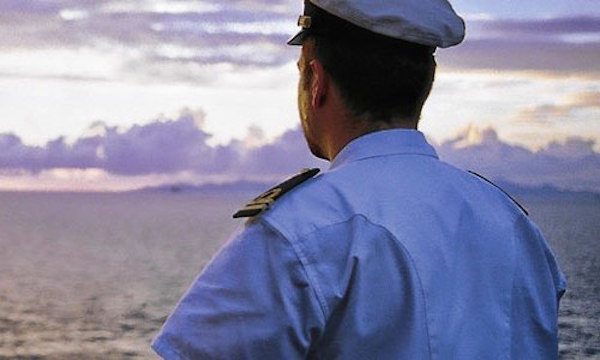
It’s 2016 and seafaring has never been more attractive to would-be seafarers, with a career at sea offering prospects for quick advancements up the job ladder and, indeed, a great deal of responsibility for seafarers at a young age.
We simply cannot have the best quality seafarers if we do not nurture them. In order to have world-class seafarers, we need to have appropriate training facilities and systems in place. InterManager’s ship manager members are leading by example and taking up to two cadets per ships, to train and to mentor. Efforts such as this are not only part of the criteria of joining the association but also demonstrate an interest in investment and care for the future of our industry.
For all the advancement and excellence of technology, with training centres and simulation machines, nothing can equal the experience cadets receive when heading out onto the open waters. However, in an age of penny-pinching, opportunities for such training are becoming scarce.
The lack of opportunity can be put down to a number of factors, whether they be an owner not wanting to build more cabins than are necessary or, even if cabin space is there, the additional cost of having a cadet onboard. This must be addressed soon in order to keep a pool of talented seafarers in surplus, to continue the strong maritime community that has existed for millennia.
InterManager is at the forefront of promoting the best possible training for cadets, being a requirement of joining the association members have to have cadets onboard. This practical experience gives young cadets the confidence to build up their understanding under the patronage of highly experienced and qualified Officers/Masters. Not only that, the Key Performance Indicators that InterManager was influential in its implementation, are showing that some companies are taking one cadet per ship.
Until recently the industry had cadets who had their travel, food and salaries paid for, all they needed were cabins and the dedication of the ship’s staff to train them. Sadly, as the saying goes, time is of the essence and cadets have had to make do with shore-based training.
Who do we point the finger at? No one group in particular. My concern is that we are seeing a lack of interest by a majority of shipowners who do not see the benefits of training cadets themselves. To add insult to injury, we are seeing owners poaching cadets, often Chief Officers and Second Engineers, once they have been trained.
What can be done? The British system of cadets being employed first and then being sent through the education and training process is by far the most admirable. This gives young seafarers the confidence to build up their understanding and knowledge within the profession. Although this is a committed avenue of training, it could raise some eyebrows, especially when it comes to financing and tailoring the training. Another open possibility would be for owners to link up with colleges/universities and companies to offer practical experience. This cost-effective initiative, which is slowly gaining gravitas, could prove to be a game changing in training fresh faces in the ever-changing seagoing industry.
By Capt. Kuba Szymanski
Disclaimer: The views mentioned above are of the author only. Data and charts, if used, in the article have been sourced from available information and have not been authenticated by any statutory authority. The author and Marine Insight do not claim it to be accurate nor accept any responsibility for the same. The views constitute only the opinions and do not constitute any guidelines or recommendation on any course of action to be followed by the reader.
The article or images cannot be reproduced, copied, shared or used in any form without the permission of the author and Marine Insight.
Do you have info to share with us ? Suggest a correction
Latest Marine career Articles You Would Like:
Subscribe To Our Newsletters
By subscribing, you agree to our Privacy Policy and may receive occasional deal communications; you can unsubscribe anytime.




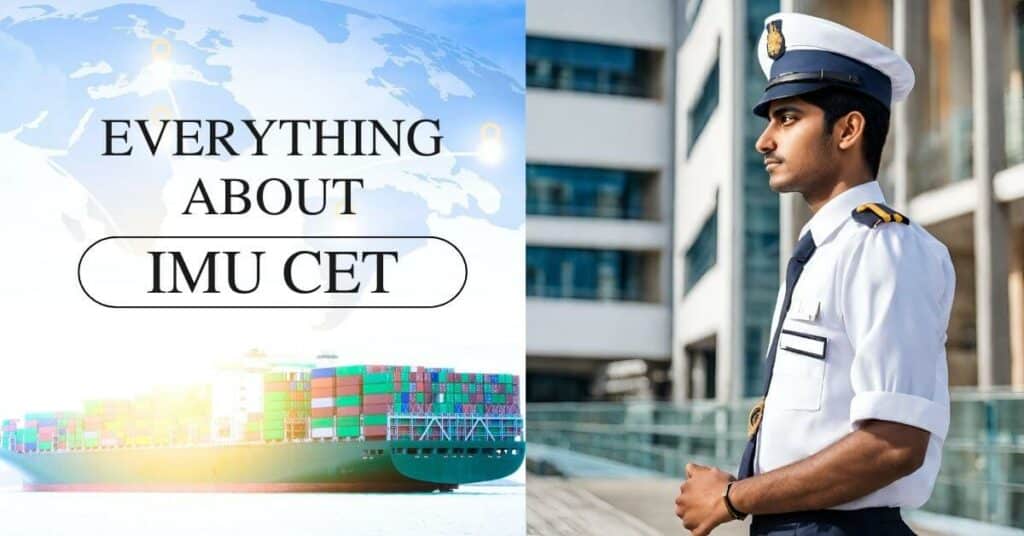

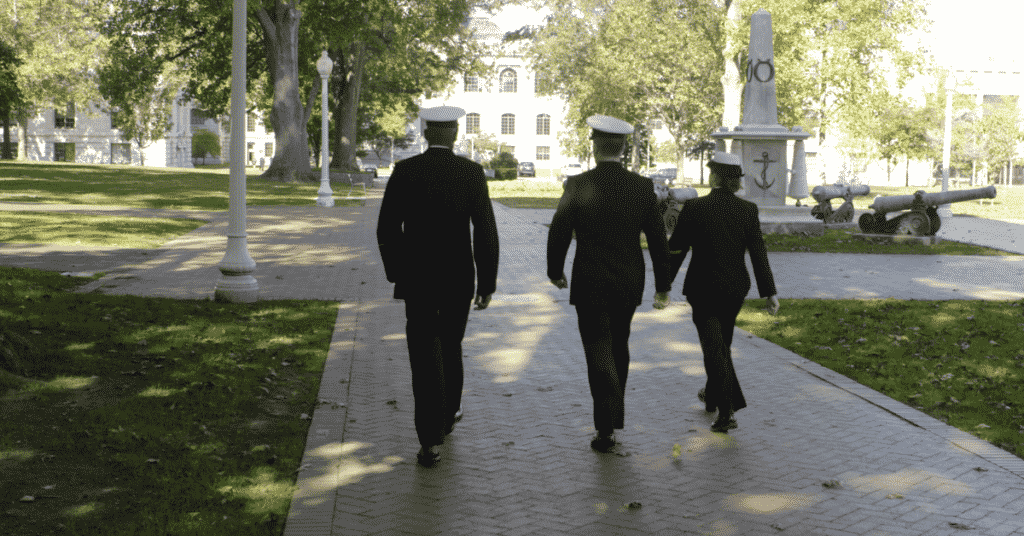
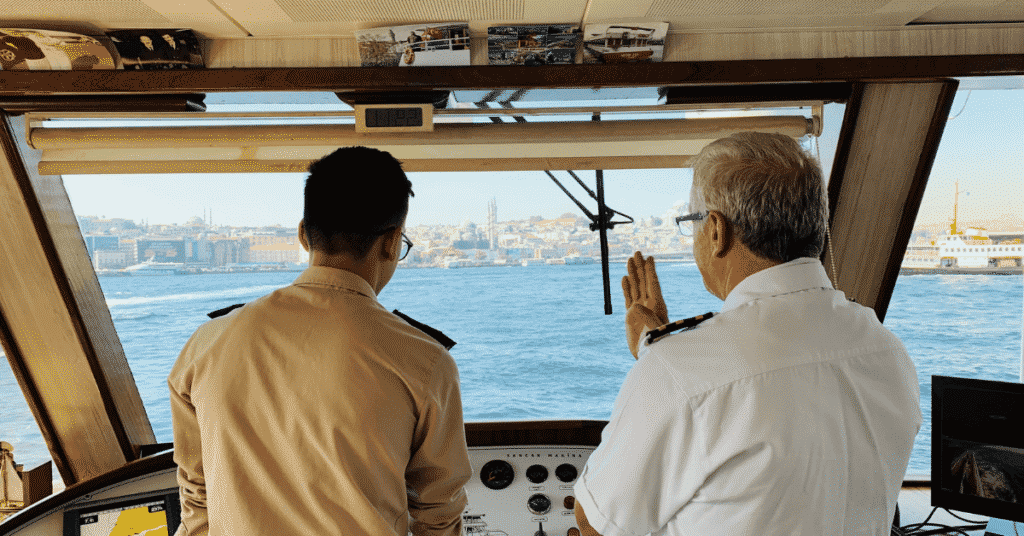
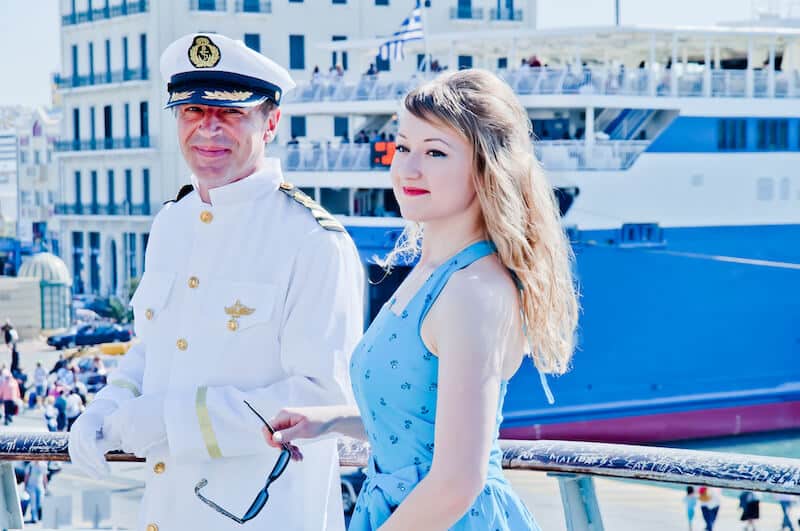

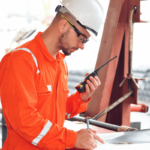



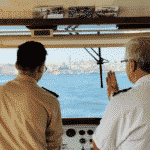

Thank you Capt Kuba.
You nailed it. Shipowners, operators and the like talk a lot about on board training but most have no idea what the true meaning of training really entails. Most think that it is from books and colleges and the cursory attention to drills and videos on board ships. Speak to some training managers from prominent shipping companies and you wonder how on earth they got those jobs. Many think that a few years teaching in some establishment give them the right to teach and train. Are they so wrong! Training and the facilitation of knowledge, skills and attitudes into competences go far far beyond this simple thinking. But first teachers, trainers, mentors etc must be suitably re-educated, trained and practised before being allowed to to take on the critical and important role of trainer or teacher or lecturer or mentor and so on.
This is why the quality of professional seafarers have degraded over the years. Experiential learning holds no importance in the operators ‘ portfolio and yet they grumble about their crew members not being up to scratch.
By the way, it is appalling to find out how many teachers, trainers, lecturers, training managers have no idea what “competence or competency” really means. And worse still when many of them have held senior positions on ships. So what do you think the final product of ” Training or learning outcomes” are in today’s context of training as you see it. Kolb’s learning cycles and principles are an alien component in many maritime area of training, education and learning.
Hmmm as management in some seafarerschools never crossed an ocean by them self and have schoolorders to have a 70% or more graduates every year, quality in shipofficers is going down the drain.